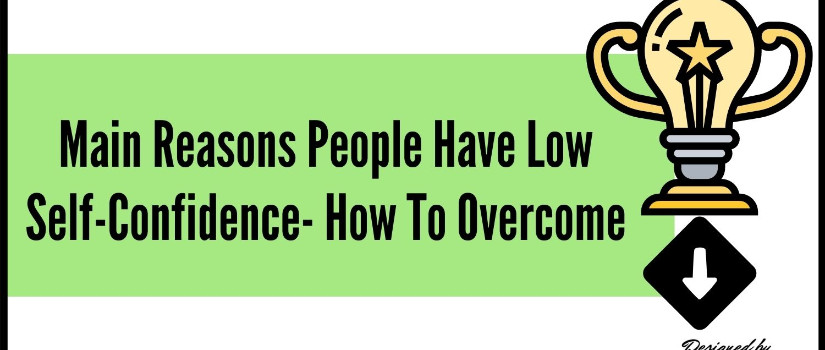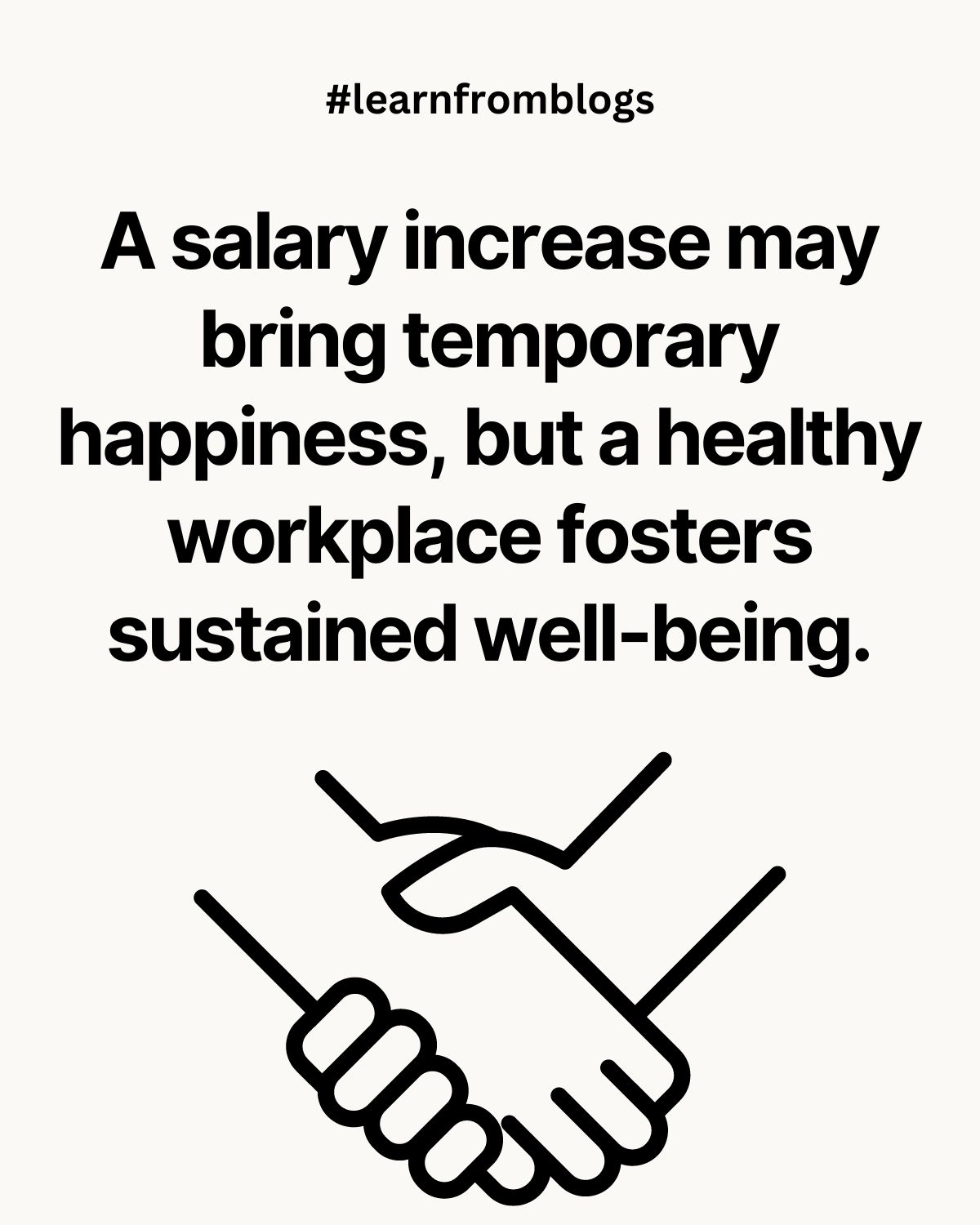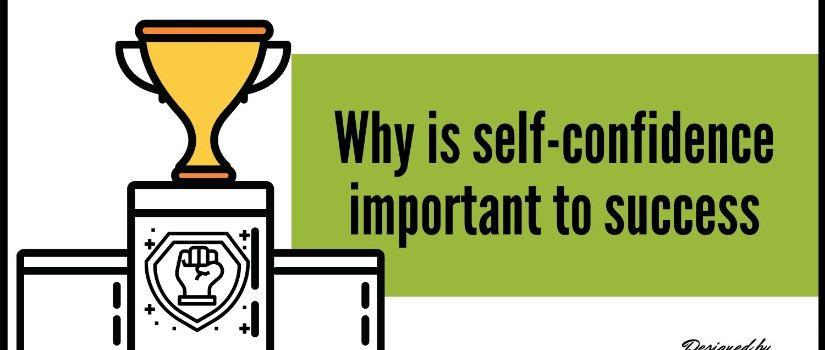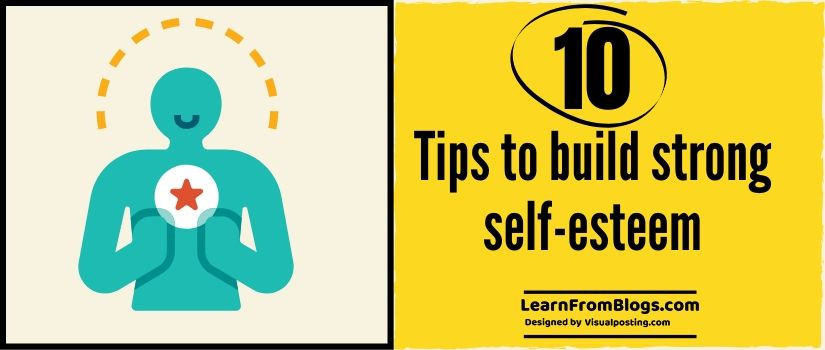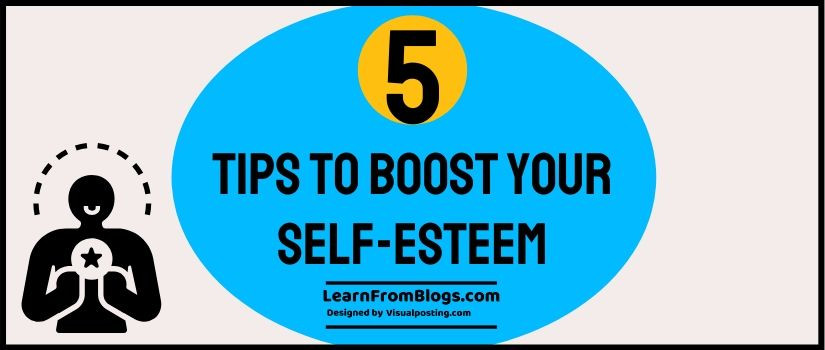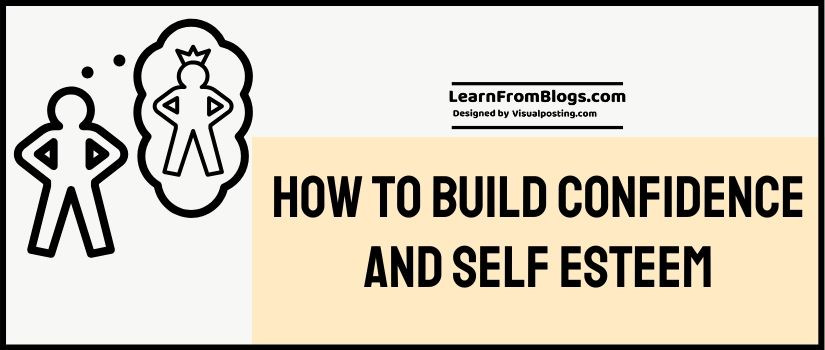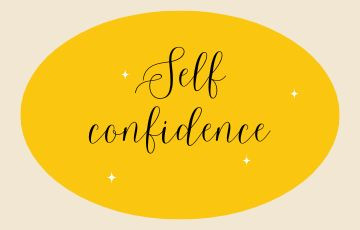
Self Confidence
Confidence is a feeling of trust in self or others. When you are clear-headed and have that element of esteem in yourself, it means you have self-confidence. Self-confidence is your trust in your own ability to do any task by viewing yourself.
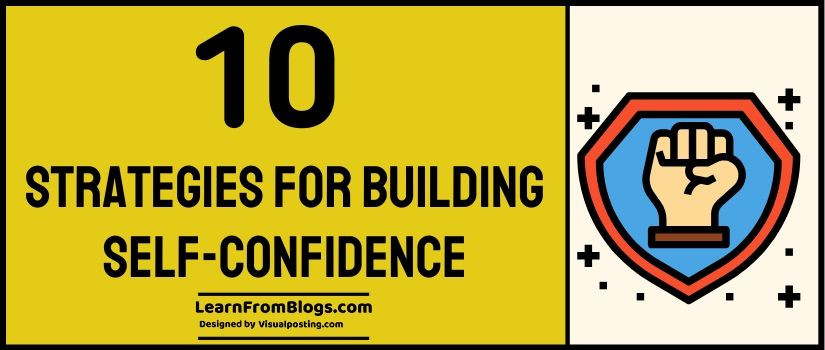
Set realistic expectations to prevent pressure.
Encourage and praise efforts and accomplishments.
Create a supportive and nurturing environment.
Model self-confidence and healthy coping.
Allow children to make decisions and solve problems.
Provide opportunities for autonomy and responsibility.
Foster independence and self-reliance in a safe space.
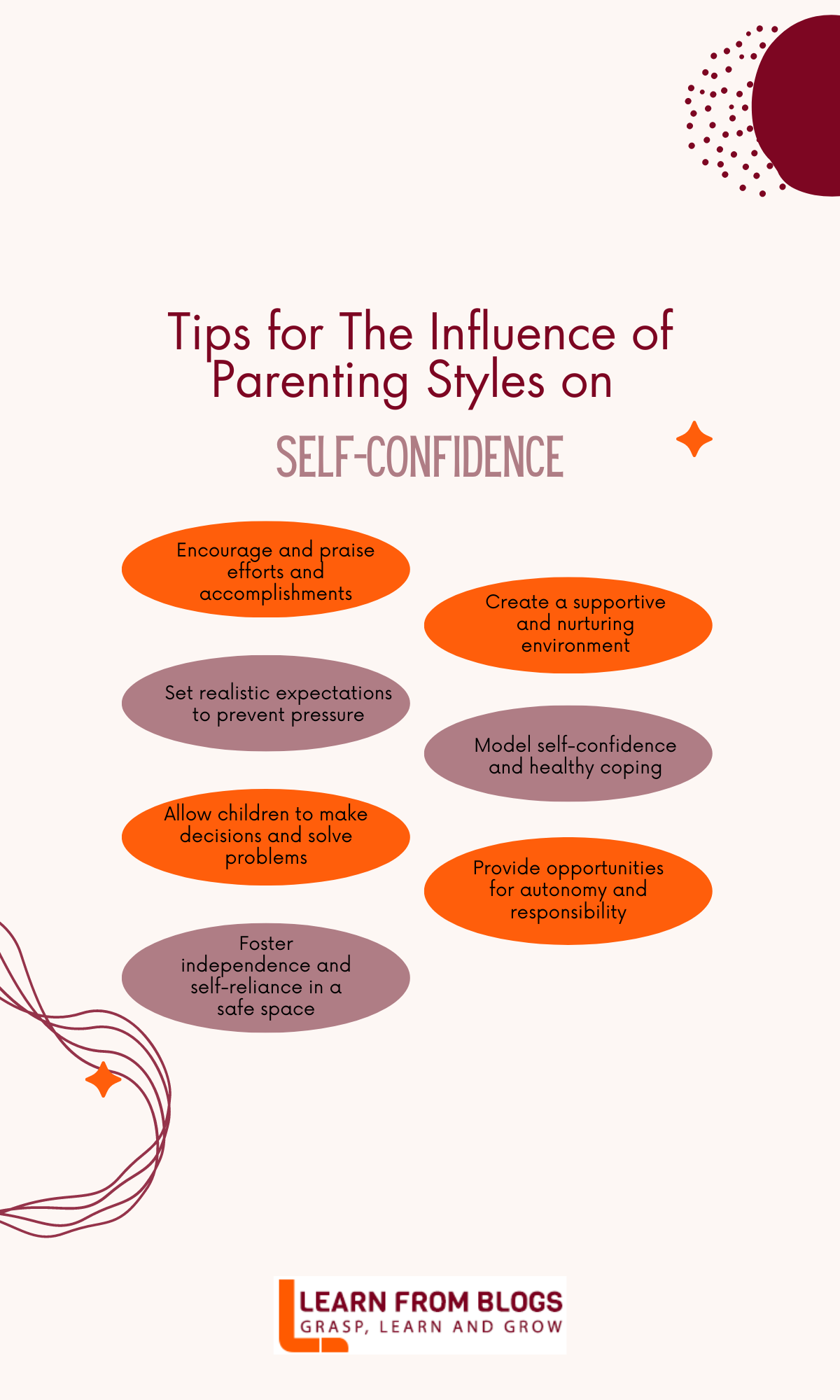
1. Practice self-care: Taking care of your physical and mental well-being is essential for building self-confidence.
Make sure to get enough sleep, eat nutritious meals, exercise regularly, and engage in activities that bring you joy and relaxation.
When you prioritize self-care, you will feel better about yourself, leading to increased self-confidence.
2. Set realistic goals: Setting realistic and achievable goals is crucial for building self-confidence.
Start by breaking down bigger goals into smaller, actionable steps.
Celebrate your achievements along the way, no matter how small they may seem. This will not only boost your self-esteem but also give you the motivation to keep pushing forward.
3. Surround yourself with positive influences: Surrounding yourself with supportive and positive people can have a significant impact on your self-confidence.
Seek out friends, family members, or mentors who believe in you and encourage your personal growth. Their positive energy and encouragement will help you develop a more positive self-image.
4. Challenge negative self-talk: Negative self-talk can be detrimental to your self-confidence.
Whenever you catch yourself thinking negative thoughts or doubting your abilities, challenge those thoughts with positive affirmations.
Remind yourself of your past accomplishments and focus on your strengths.
By changing your mindset, you can gradually replace self-doubt with self-confidence.
5. Embrace failure as a learning opportunity: Failure is a natural part of life, and instead of letting it diminish your self-confidence, view it as a learning opportunity.
Understand that everyone makes mistakes, and it is through these mistakes that we grow and learn.
Embrace failure as a chance to gain new insights, adjust your approach, and ultimately become more resilient, which will boost your self-confidence in the long run.
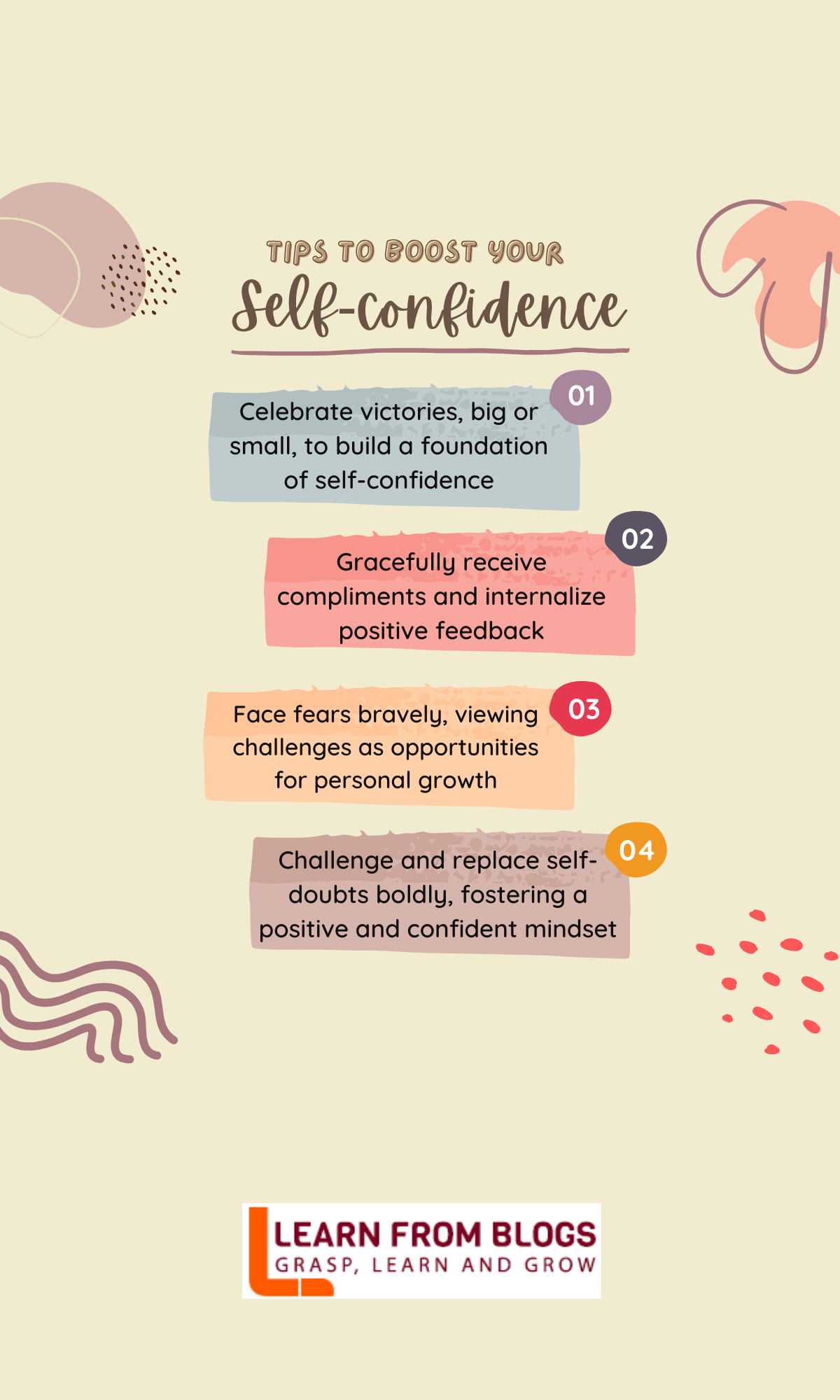
1. Identify and challenge your negative thoughts and beliefs. Often, a lack of confidence stems from self-doubt and negative self-talk. Practice replacing these thoughts with more positive and empowering ones.
2. Set achievable goals and celebrate your successes along the way. Building confidence is a gradual process, so start small and gradually work your way up to bigger challenges. Acknowledge and reward yourself for each milestone you achieve.
3. Surround yourself with positive and supportive people who believe in you. Seek out individuals who uplift and encourage you, as their positivity can greatly influence your own self-confidence.
4. Step out of your comfort zone regularly. Pushing yourself to try new things or take on unfamiliar tasks can help you develop new skills and prove to yourself that you are capable of handling challenges.
5. Take care of yourself physically, mentally, and emotionally. Engage in activities that make you feel good about yourself, such as exercise, practicing mindfulness or meditation, or pursuing hobbies that bring you joy.
6. Practice self-compassion and forgiveness. Understand that everyone makes mistakes or faces setbacks at times, but it doesn't define your worth or abilities. Treat yourself with kindness and learn from any setbacks instead of dwelling on them.
7. Continuously learn and improve in areas that interest you or align with your goals. The more knowledge and expertise you gain in a particular area, the more confident you will feel when discussing or applying it.
8. Stand tall, maintain eye contact, and speak clearly when interacting with others. Non-verbal cues can greatly impact how others perceive us, so practicing good posture and confident body language can help boost our own confidence as well.
9. Reflect on past achievements or moments where you felt confident to remind yourself of your capabilities during times of self-doubt.
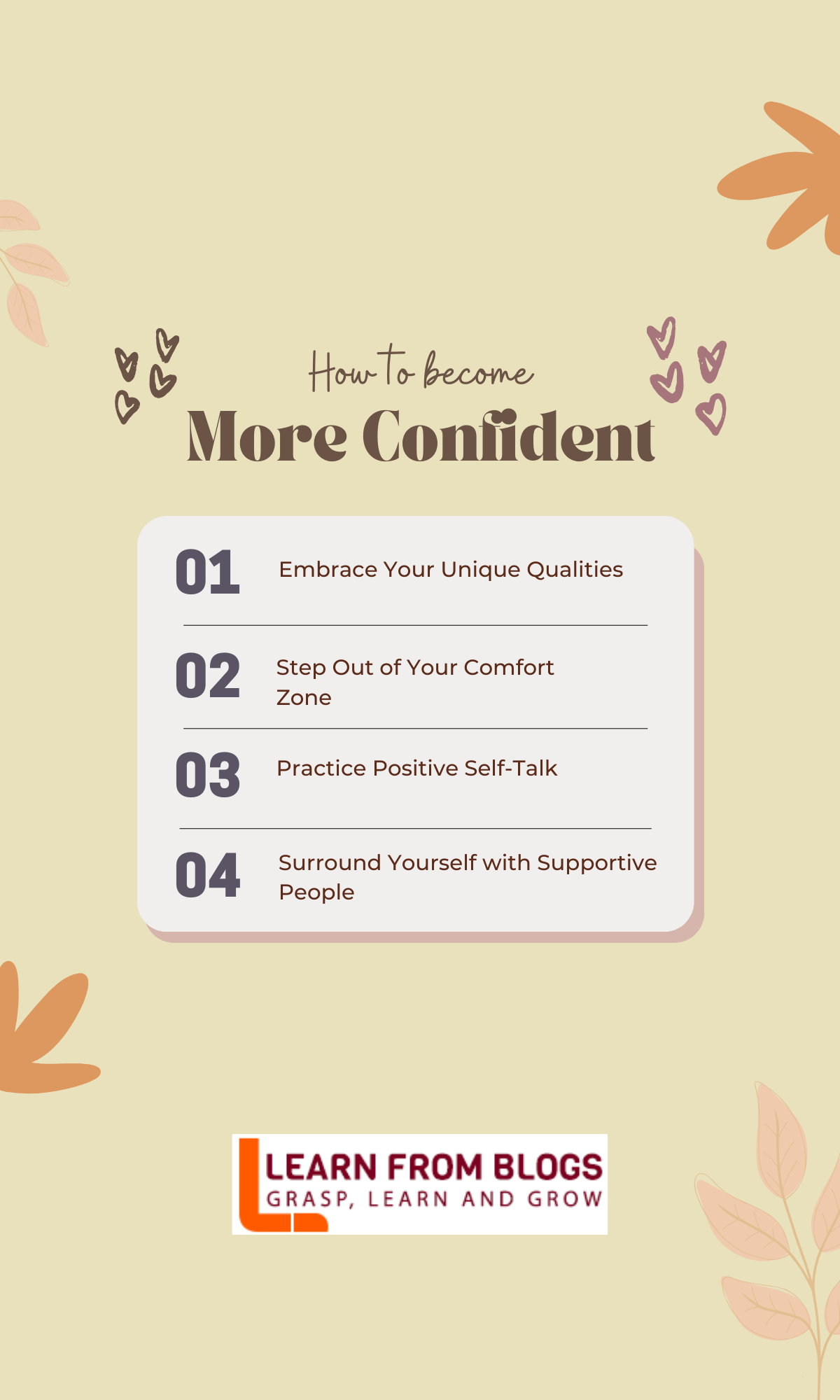
"The road to success and the road to failure are almost exactly the same." -- Colin R. Davis

The key of getting success in life is when you know your worth. If you are a person who stands in front of a mirror just for doing complaints about your nose, eyes, qualifications, height, skills, then you are losing major confidence. Self-respect and self-confidence are the two things that make individuals perfect in their lives. Once you know about your value in life, you can do something incredible.
Moreover, if you love yourself, everyone adores you. We have all the powers to do everything. We can develop lost confidence by engaging ourselves in our favorite activities. We can improve self-esteem by accepting ourselves as we are. We can do anything if we believe nothing is impossible. Your life is in your hands. Now, it's up to you whether you would like to spend it with happiness or doing complaints.
Here are some fantastic tips to boost self-confidence for a new start.
1. Challenge your negative beliefs
If you’re a person who is finding himself as “I am not good for this job” or “I am not perfect” then first flush out these negative beliefs about you. No one is perfect, but keeps faith in you and always believes that nothing is impossible.
2. Exclude negative people from life
Probably you feel that there are some relationships and people that make you happy and confident. If there are people who always try to dominate you, stay away from them.
3. Say No when needed
If you are not taking a stand for yourself, then it often finds a case of poor self-esteem. You just have to think about yourself and try to say no when you cannot do that work or take responsibility.
